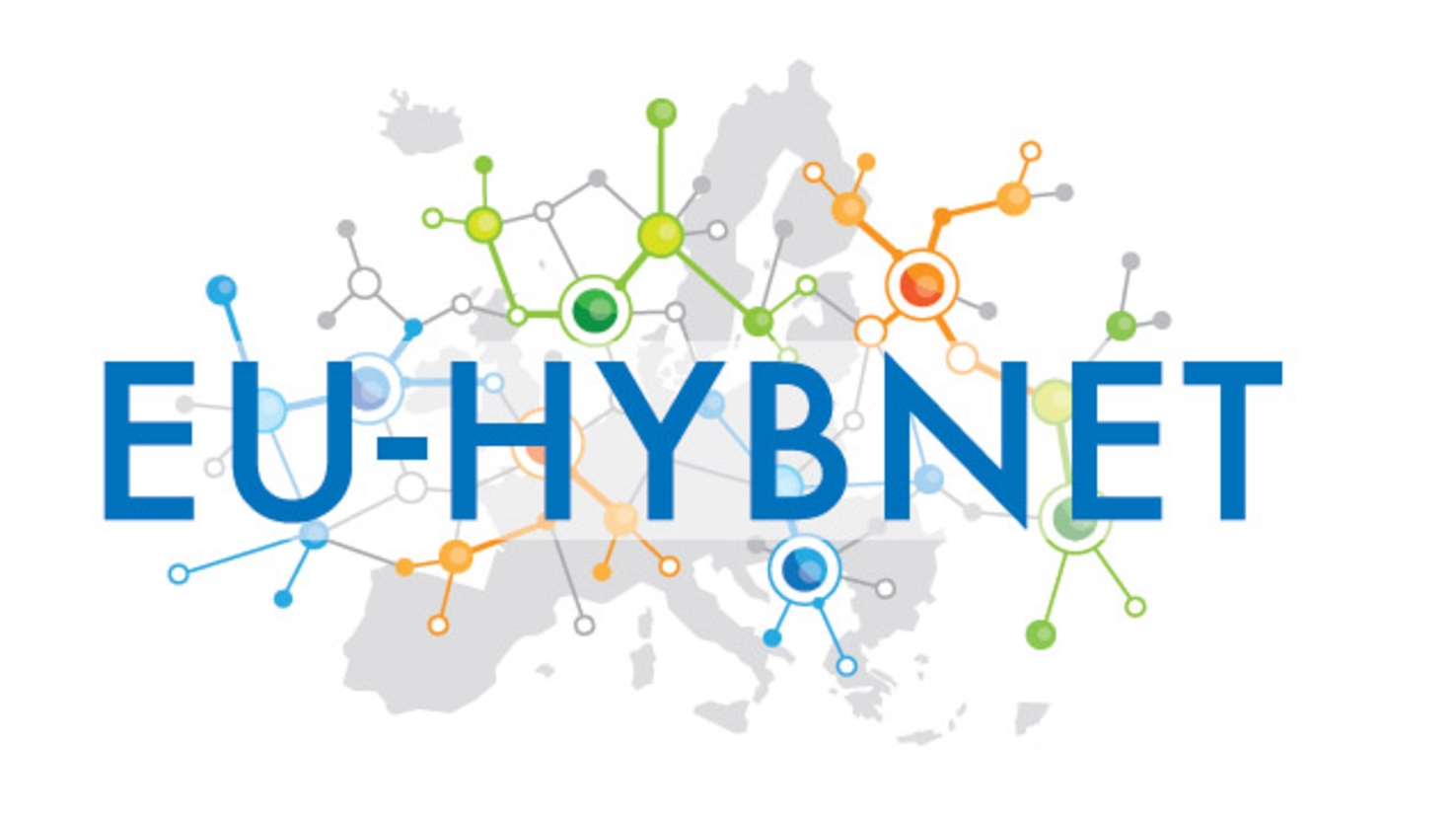Kicking off the EU-HYBNET project: “The coronavirus crisis exposes society to hybrid influencing”
The kick-off conference of the EU project on countering hybrid threats was held on Tuesday 12 May.

The EU-HYBNET (Empowering a Pan-European Network to Counter Hybrid Threats) project coordinated by Laurea officially began in May. It is the first project funded by the European Commission that focuses on the preparation for and countering of hybrid threats as well as the development and building of a pan-European network for the sector.
The project kick-off event on 12 May was held as a video conference due to the coronavirus situation. The conference had more than 80 participants from the project organisations in different European countries. The purpose of the kick-off event was to officially launch the project and bring together project partners and stakeholders to discuss future measures to be taken and the upcoming cooperation and forms of cooperation in the project.
The Commission’s Directorate General DG HOME (Migration and Home Affairs) also took part in the conference. The DG HOME representatives emphasised the importance of the project for Europe. The project is expected to produce an expert view concerning its theme for both the political discussion in Europe and the themes to be covered by upcoming research and innovation projects.
The project’s main partner is the European Centre of Excellence for Countering Hybrid Threats. In addition to Laurea and the Hybrid CoE, the project participants include 23 other organisations from 16 different countries.
The goal of disinformation is to destabilise society
Hybrid influencing and other hybrid threats have been identified in Europe as a considerable factor affecting safety and security. Hybrid influencing refers to coordinated and synchronised activity by which a governmental or non-governmental actor aims to influence decision-making in the target country by using multiple methods.
The keynote speaker at the opening conference on 12 May was Teija Tiilikainen, Director of the European Centre of Excellence for Countering Hybrid Threats located in Helsinki. Tiilikainen emphasised the importance of the project theme:
- There are many different non-governmental actors, such as terrorist organisations, in the international arena. International rules and commitments created since the second World War have been challenged by these actors and no longer apply, Tiilikainen said.
The current coronavirus crisis has also increased the threat of hybrid influencing:
- For example, dissemination of disinformation can be used to further destabilise society in this situation. This may increase polarisation in society in the Western countries, Tiilikainen added.
Aiming to create a pan-European network to counter hybrid threats
The project kick-off meeting also provided an opportunity to get to know the project's other actors, main themes and work packages as well as the dissemination of the results during the project.
The first action to be taken in the project will be to determine the challenges faced by European actors in countering hybrid threats. Thereafter, the project will map which innovative solutions could best help address these challenges.
The project will also conduct research on the most central hybrid threats identified. The project cornerstones are the following four themes: future trends in hybrid threats, cybersecurity and future technologies, resilience of society and strategic communications and information transfer.
The aforementioned measures will be taken in four cycles over the course of the five-year project. Building a pan-European network to counter hybrid threats is also one of the core tasks of the project. That is why several workshops and conferences will also be organised in order to disseminate project results and to find new actors to join the network.
The EU-HYBNET project (No. 883054), funded by the European Commission’s Horizon 2020 programme, spans five years and has a total budget of EUR 3.5 million. Laurea’s share of the funding received is approximately EUR 450,000, and Laurea will be coordinating the project.

This project has received funding from the European Union’s Horizon 2020 research and innovation programme under grant agreement No 883054.
More information:
- Päivi Mattila
- Paivi.Mattila@laurea.fi
- Tel 358406402253